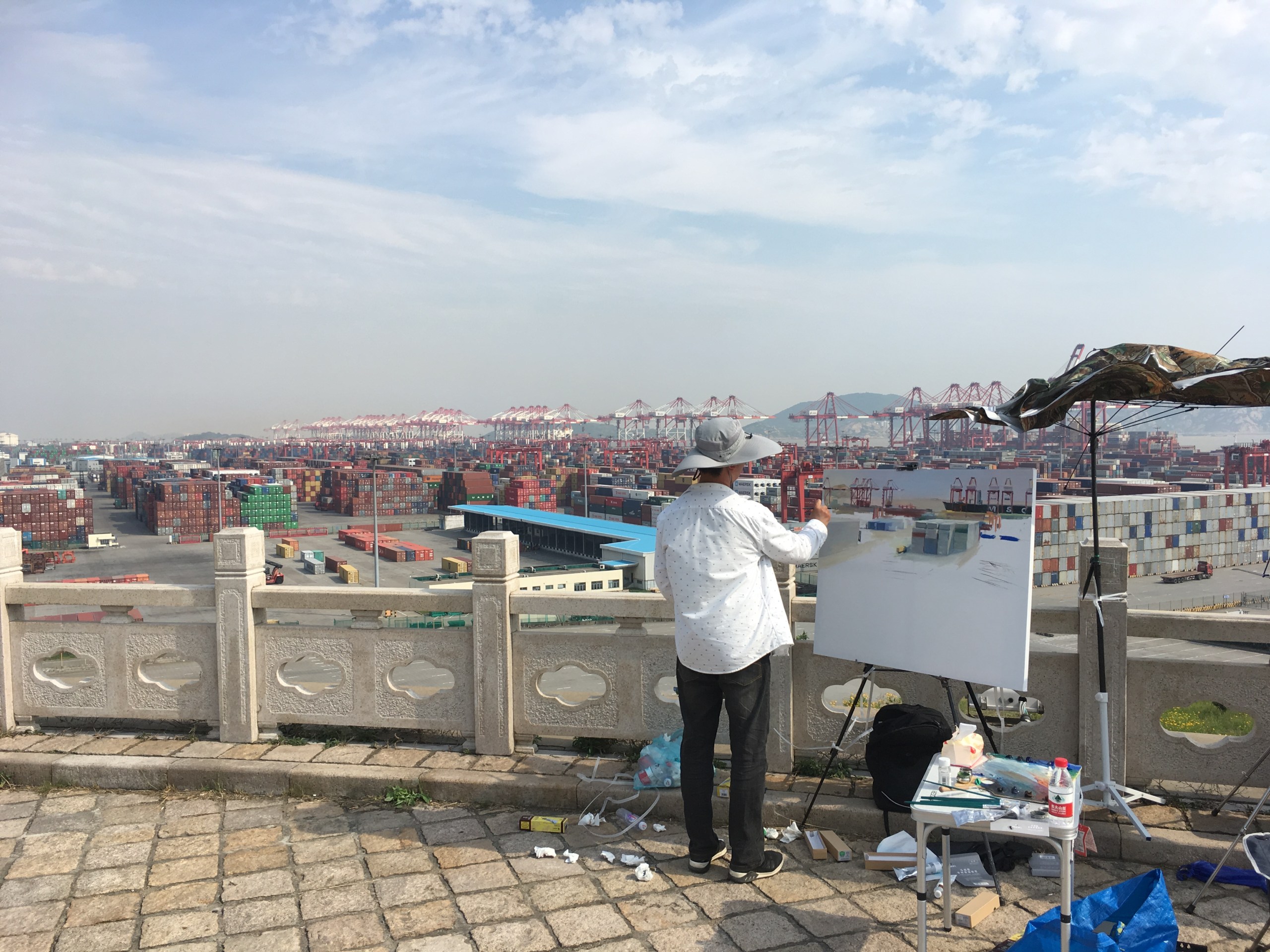About
We aim to make international trade easier. Much of our activities focus on trade and customs procedures, and how associated compliance burdens can be reduced without undermining wider regulatory control objectives. Services draw on the expertise of the company’s founder, Prof Andrew Grainger, and associates. Our clients include: various international organisations, government agencies around the world, businesses (big and small), research institutes, and some of the world’ s top universities. Occasionally we also offer short courses that can be booked directly from us.







What is trade facilitation?
Read More “What is trade facilitation?”